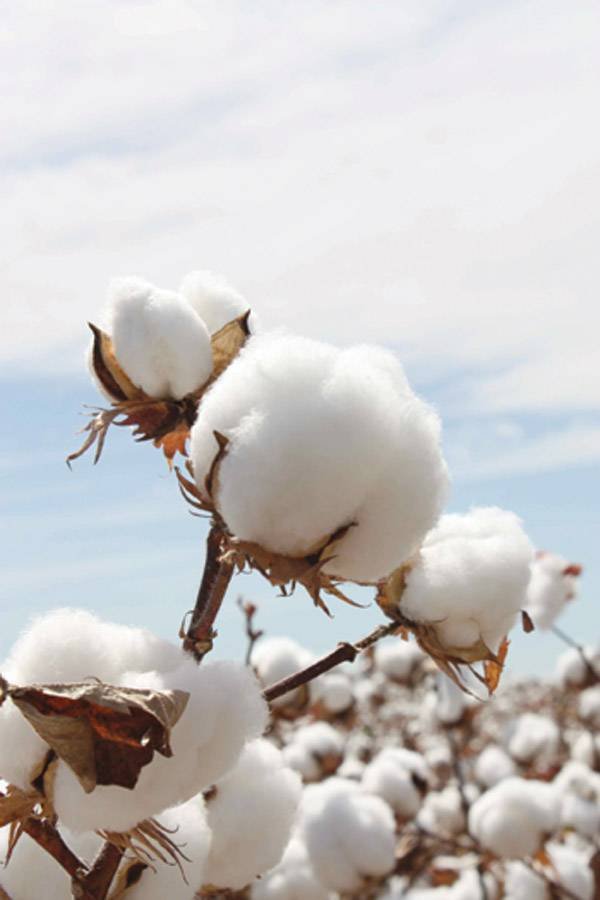The government’s recognition of climate change threats to the agricultural sector is evident in its commitment to address concerns raised by the business community.
In the face of mounting concerns over the impact of climate change on agriculture, particularly in the cotton farming sector, innovative strategies and sustainable practices are taking center stage to mitigate risks and ensure resilience. Recent developments from the Central Cotton Research Institute (CCRI), Multan, underscore the urgency of addressing climate-related challenges to safeguard crop productivity and farmers’ livelihoods.
Government Action on Climate-Resilient Agriculture:
The government’s recognition of climate change threats to the agricultural sector is evident in its commitment to address concerns raised by the business community.
The Federation of Pakistan Chambers of Commerce and Industry (FPCCI) has assured proactive measures to tackle climate hazards affecting cotton crops. Such initiatives reflect a growing awareness of the need for structural policy interventions to revive the economy and ensure agricultural sustainability.
Assessing Climate Risks in Cotton Farming:
Experts from the Department of Agronomy at CCRI, Multan emphasize the criticality of assessing weather impacts on cotton crops across various growth stages.
Identifying potential climate-related risks and their specific impacts on crop yield is crucial for devising effective mitigation strategies. Prioritizing preventive measures, particularly in addressing the most significant threats like drought, heat waves, and land degradation, is imperative for sustaining cotton productivity in the face of changing climate patterns.
Innovations in Cotton Varieties and Farming Practices:
CCRI, Multan, has been at the forefront of developing climate-resilient cotton varieties tailored to withstand environmental stresses. Extensive testing of diverse cotton types under varying climatic conditions, such as high rainfall and water scarcity, has yielded promising results.
Notable varieties like BTCIM 663, BTCIM 785, and BT Cyto 535 exhibit resilience to low water availability and high temperatures while maintaining productivity. Moreover, the institute’s focus on genetic cotton varieties requiring minimal fertilizers and pesticides underscores its commitment to sustainable farming practices.
Transitioning from traditional agricultural methods to embrace new technologies is paramount for enhancing soil fertility and productivity.
CCRI, Multan, has introduced cost-effective and environmentally friendly technologies like the Low Expenditure and Environment-Friendly (LEEF) Tech, aimed at boosting cotton production while reducing production costs. These innovations not only ensure food security but also contribute to soil health and resilience in the face of climate change challenges.
Adapting Cotton Farming to Climate Change:
Adapting cotton farming practices to changing climate conditions requires a comprehensive approach. Selecting appropriate cotton varieties based on regional climate and seasonal variations, planting at optimal times, and judicious application of balanced fertilizers are essential steps.
Additionally, adjusting plant spacing and diversifying cotton types can help mitigate the effects of extreme weather events, safeguarding against pests and diseases while ensuring high-quality yield.
Conclusion:
As climate change continues to pose significant challenges to agriculture, particularly in cotton farming, concerted efforts to innovate and adopt sustainable practices are paramount.
The initiatives and research efforts led by CCRI, Multan, exemplify a proactive approach to address climate-related risks and enhance resilience in the agricultural sector. By prioritizing climate-resilient agriculture, Pakistan can safeguard its cotton industry and ensure food security in the face of evolving climate patterns.
